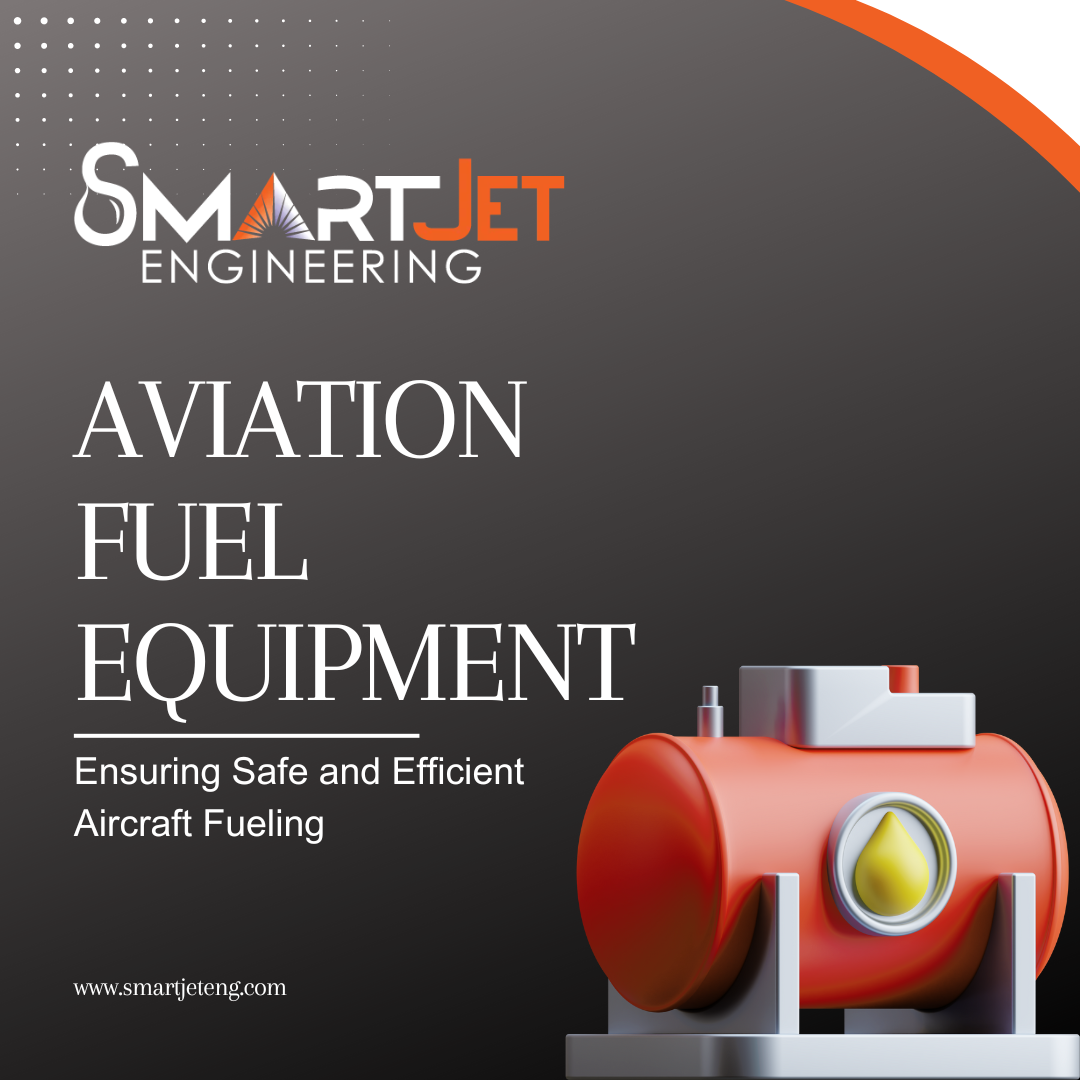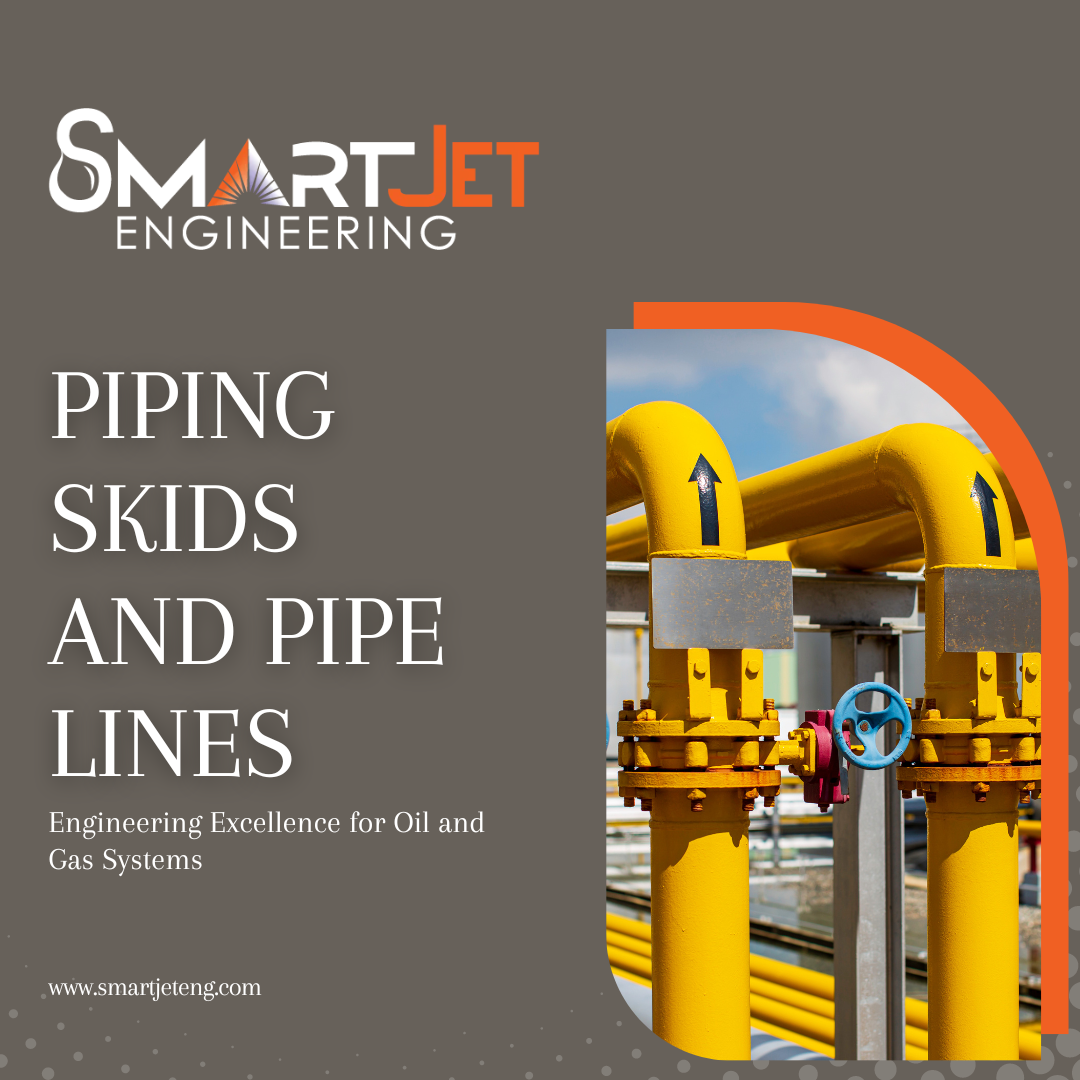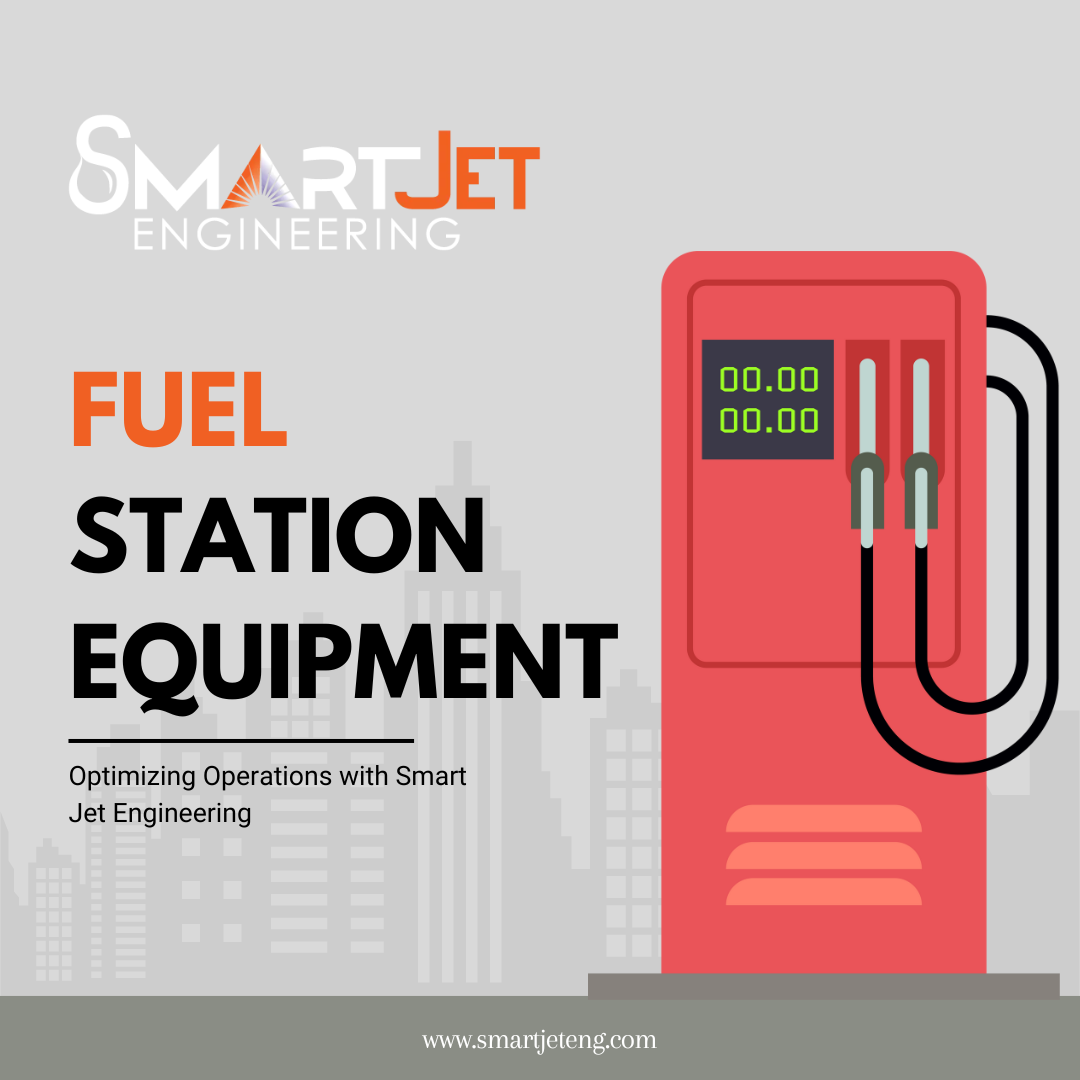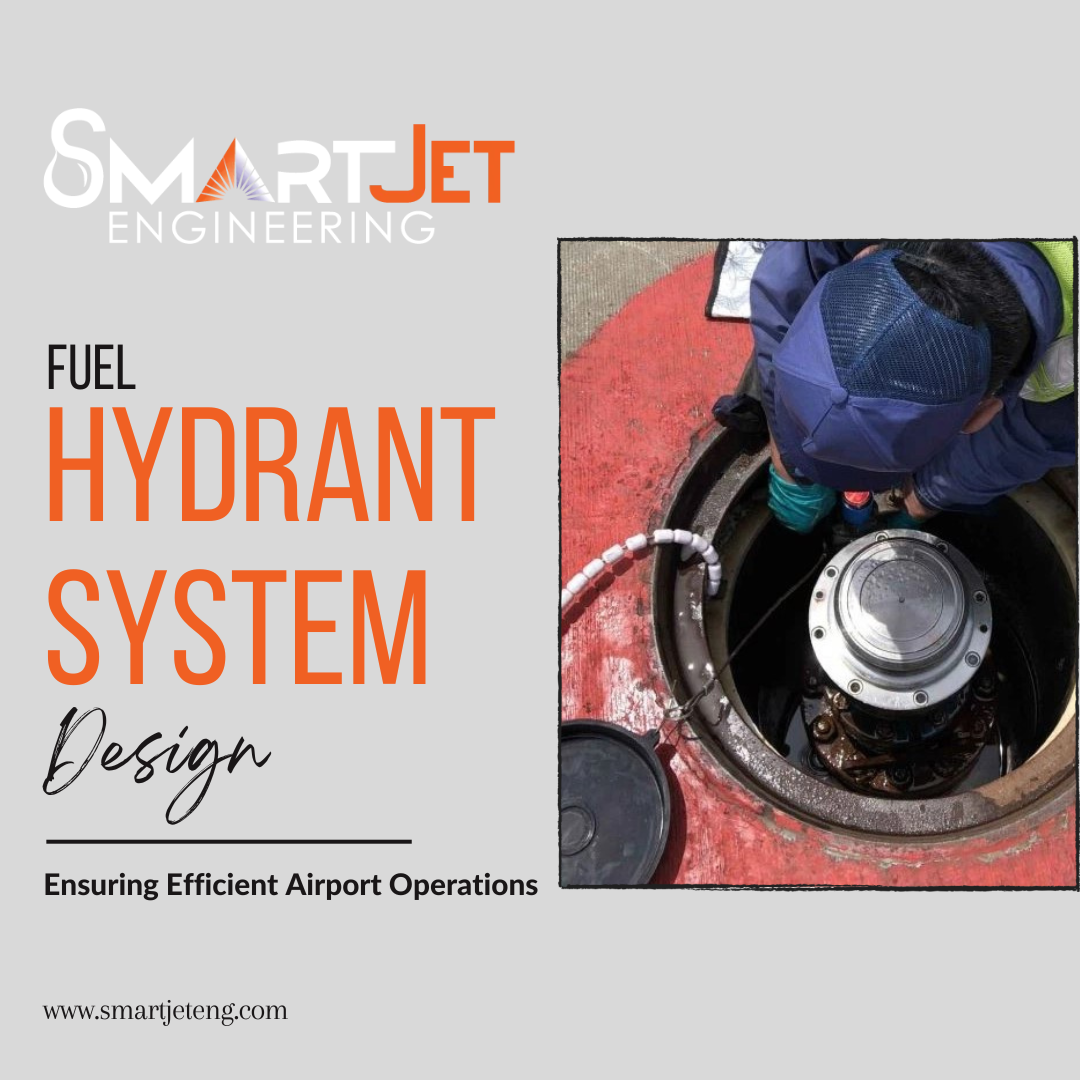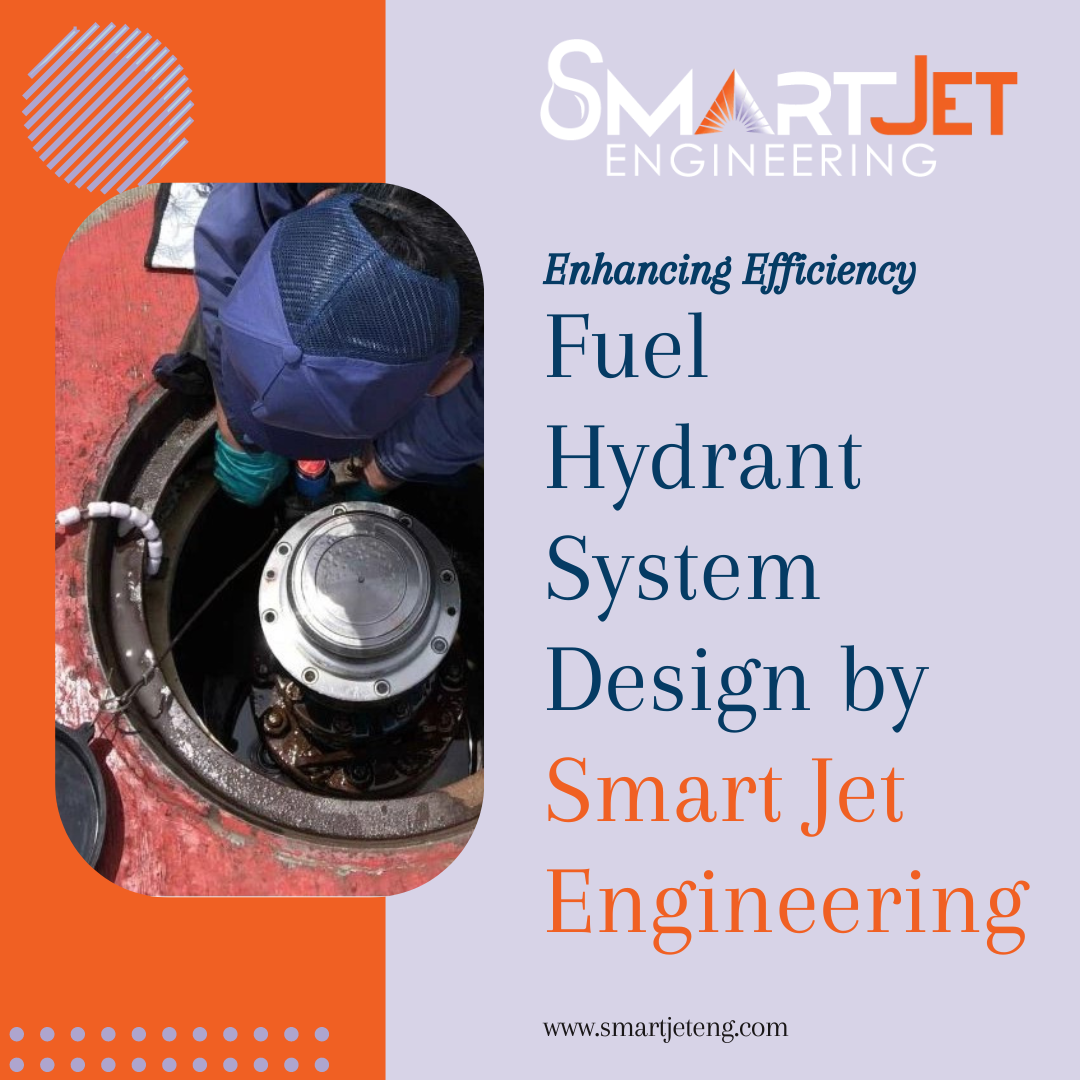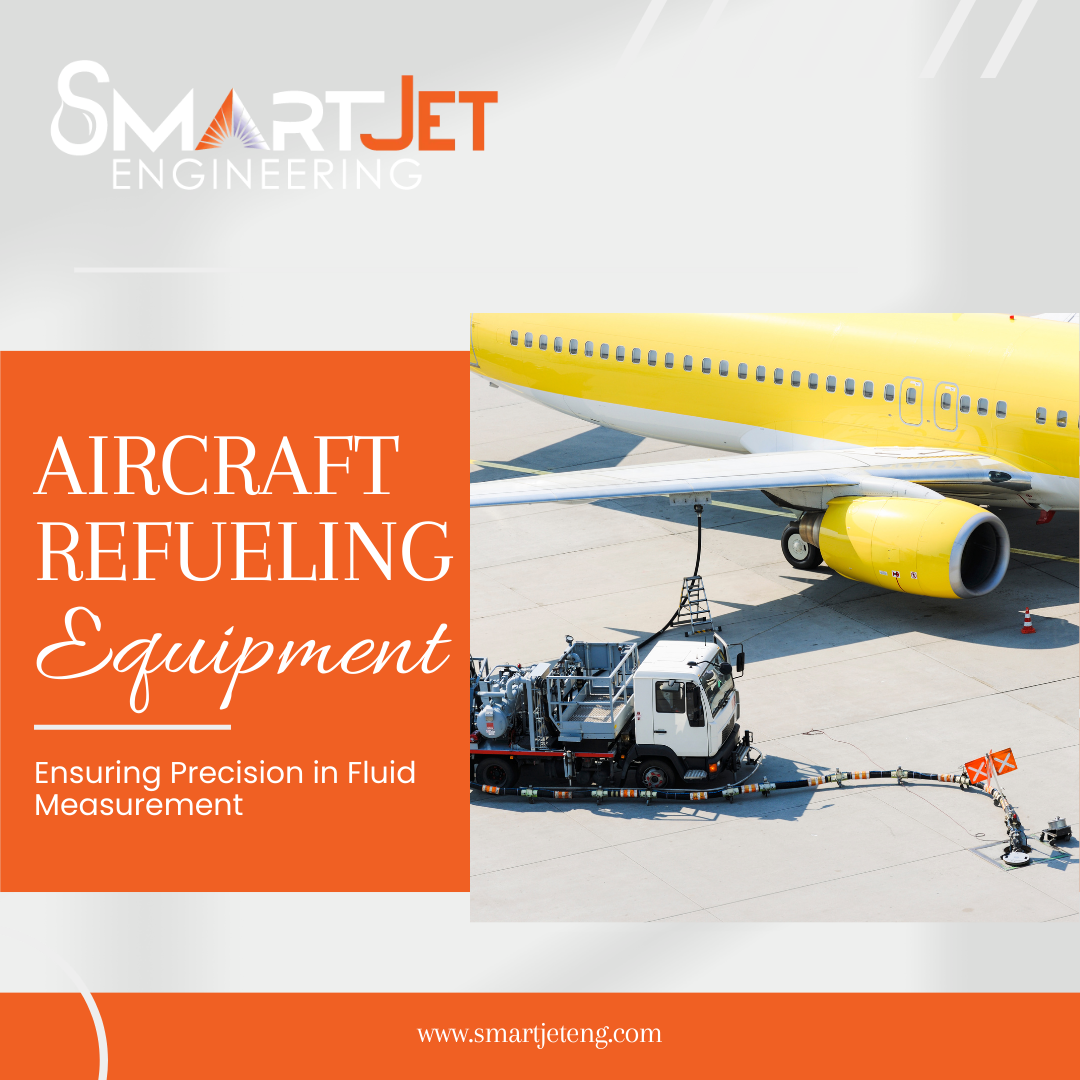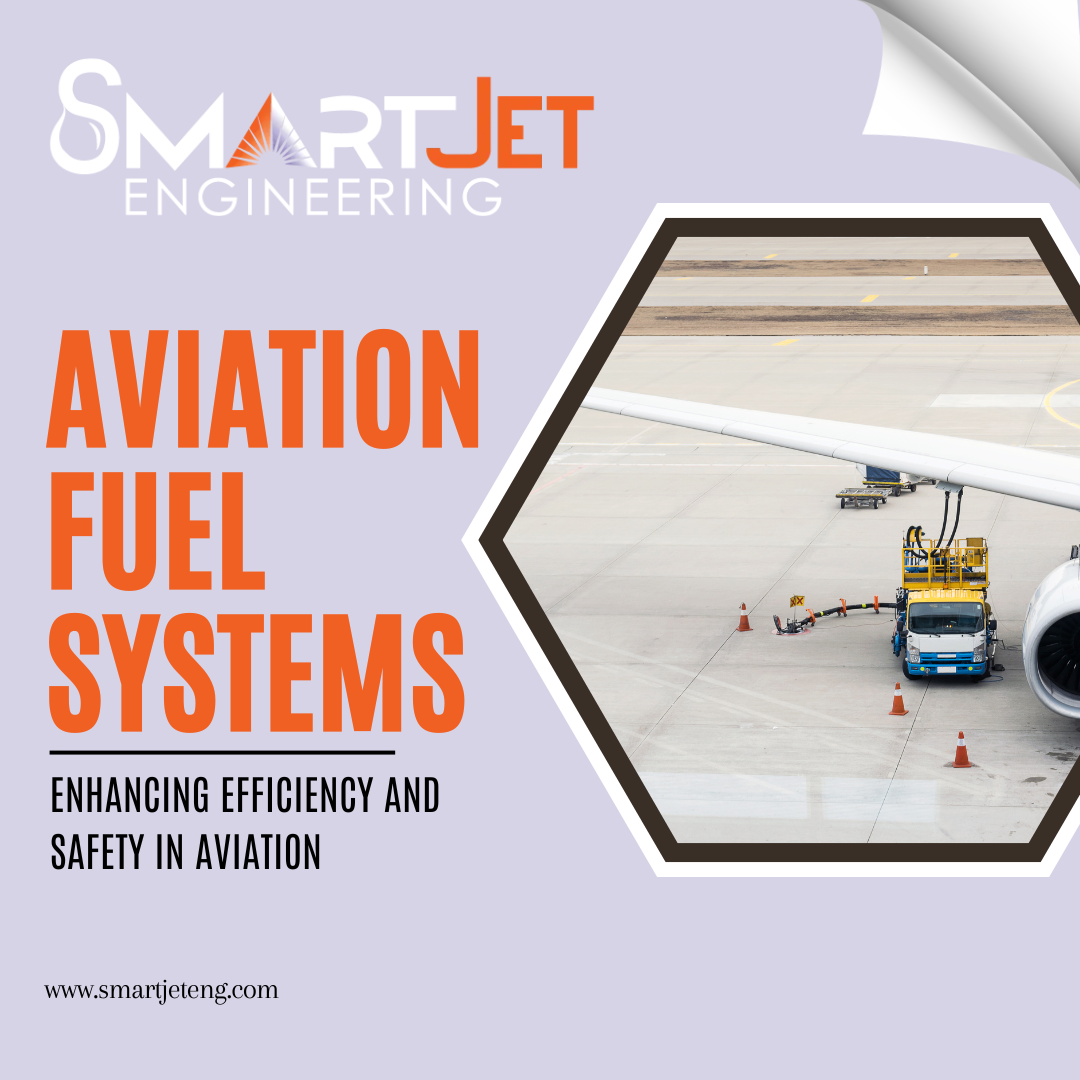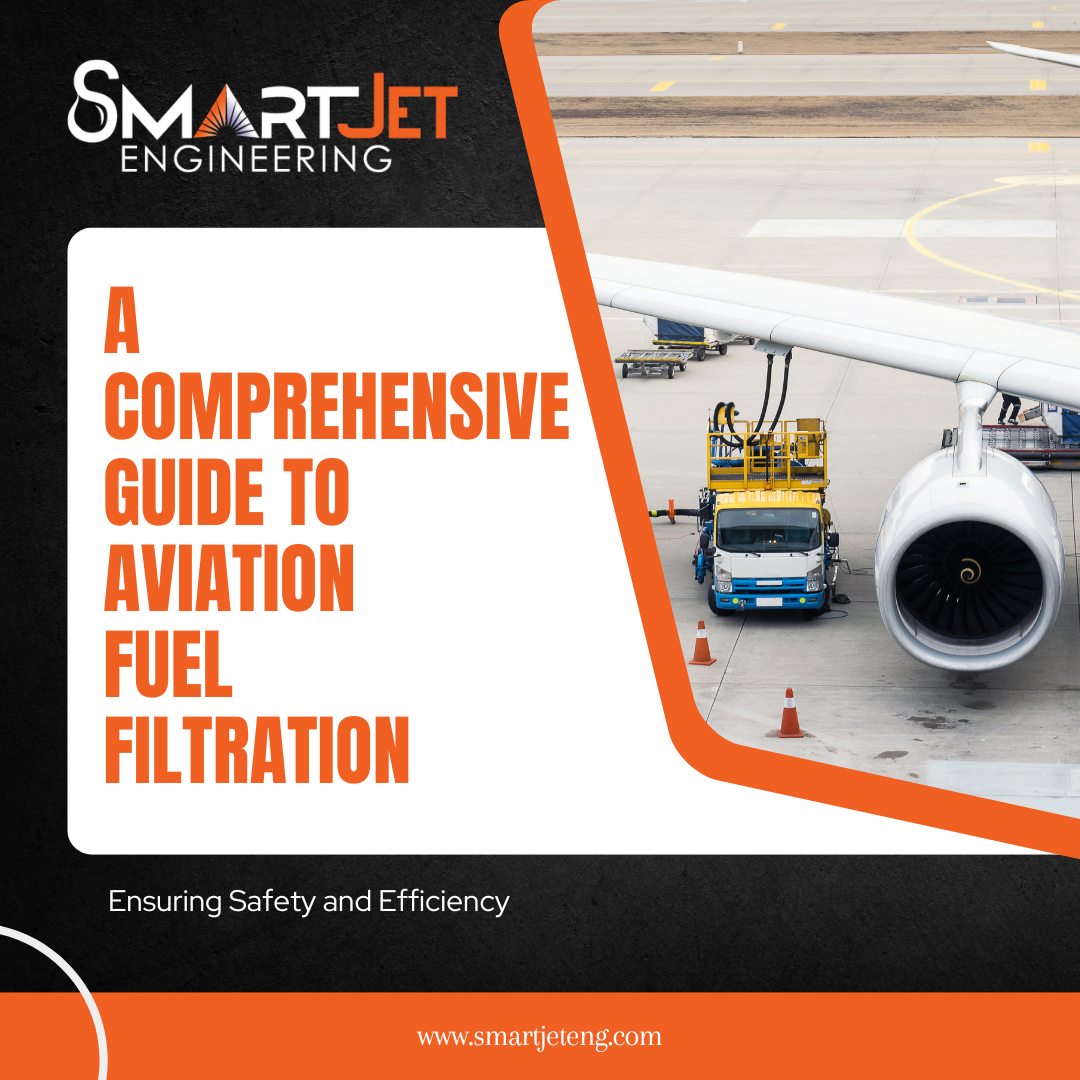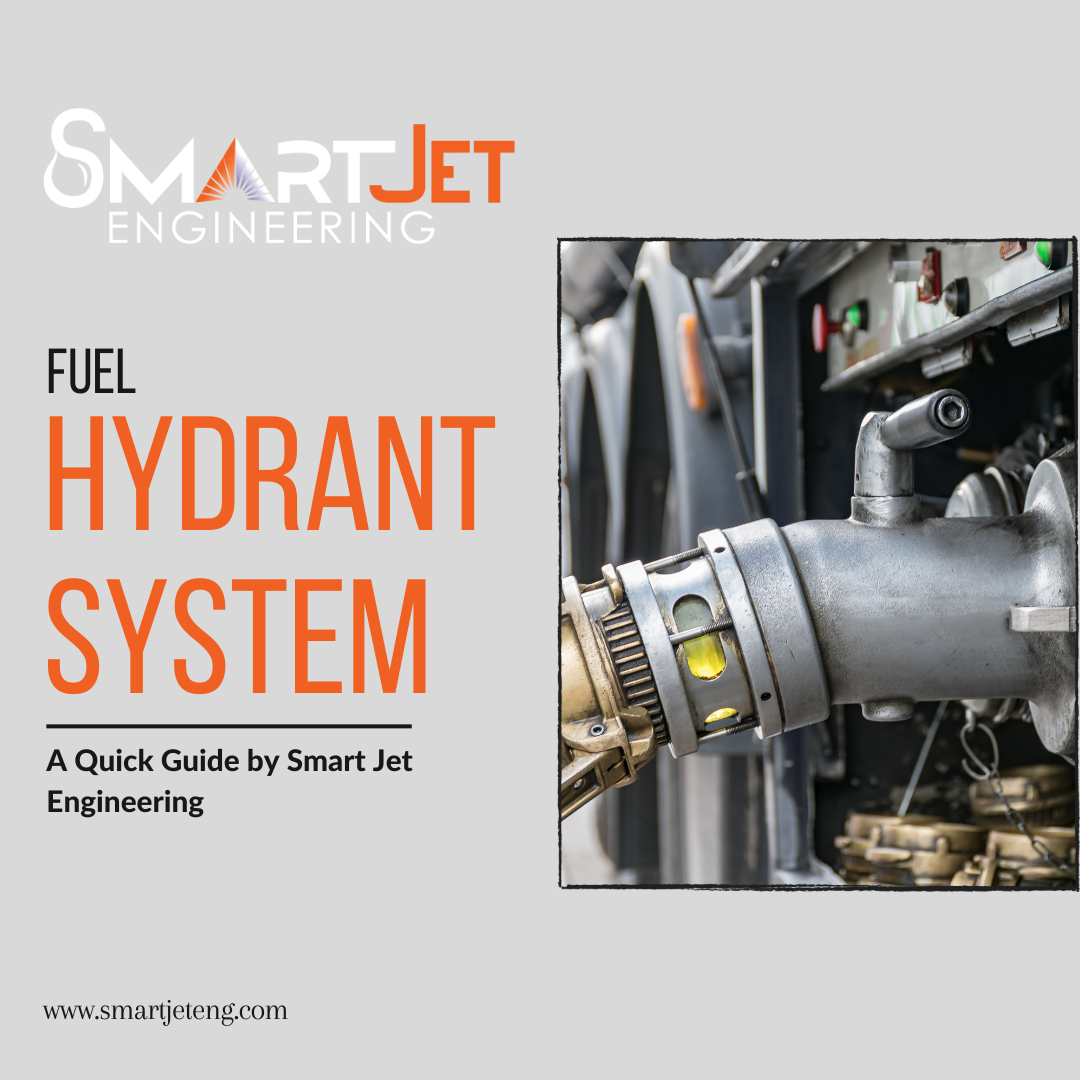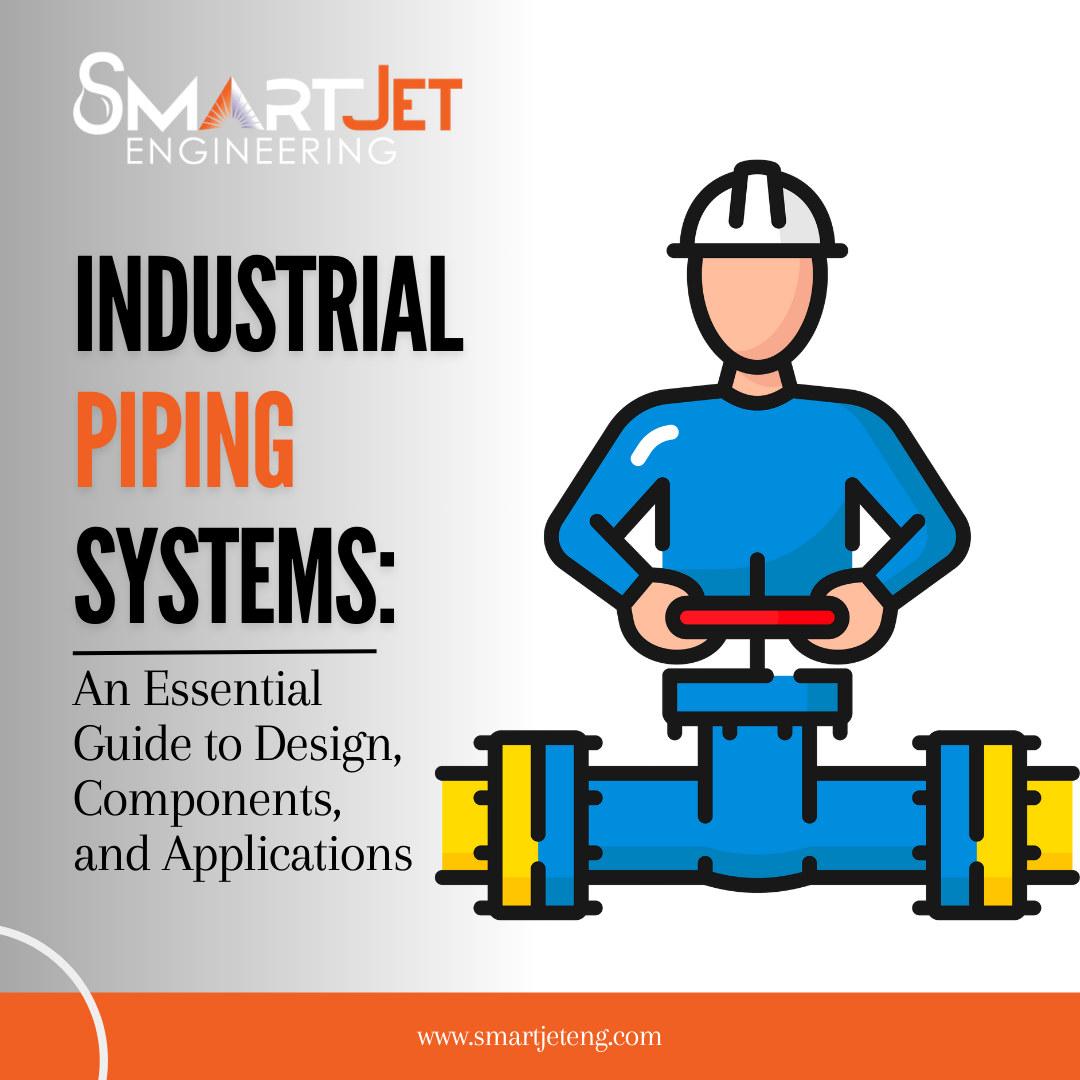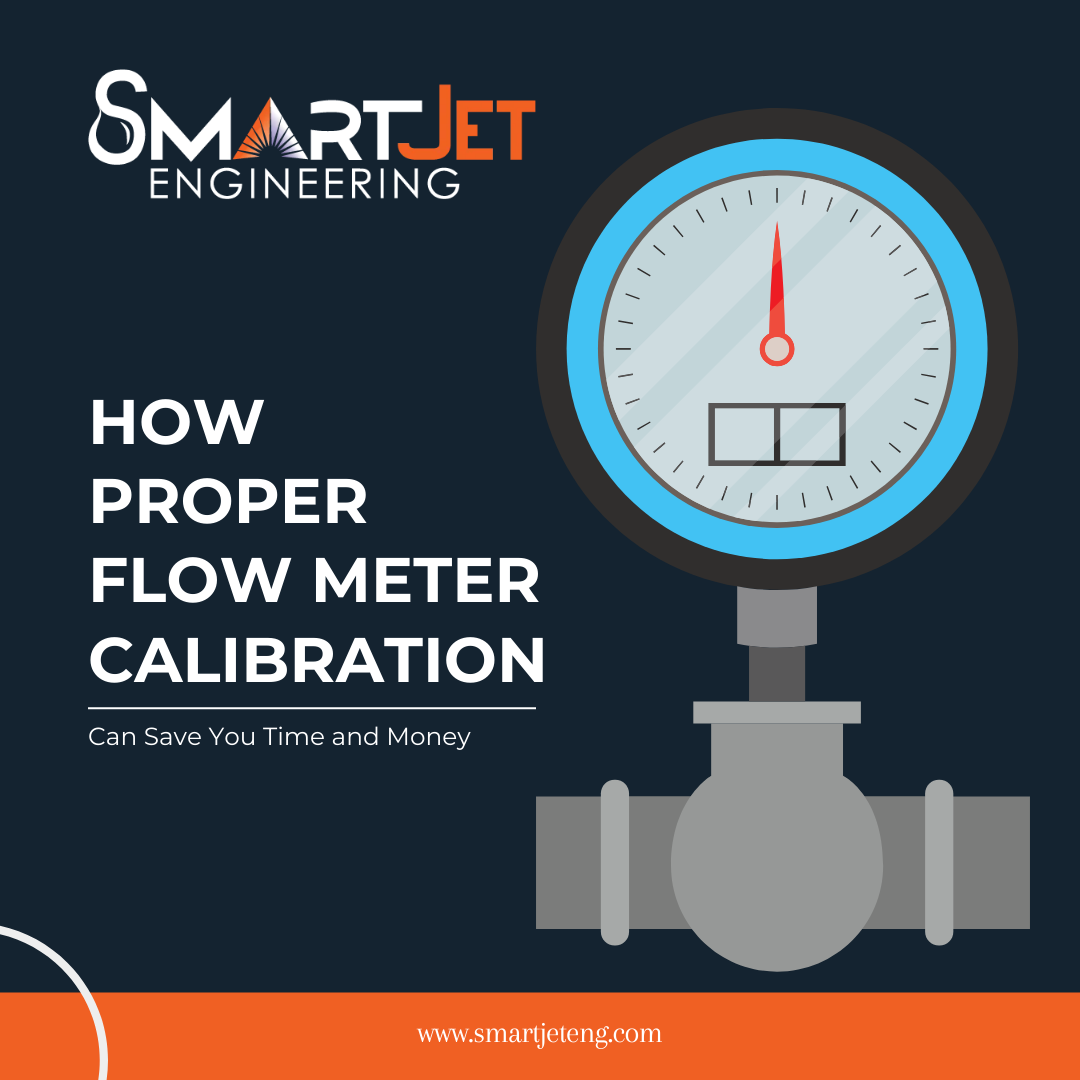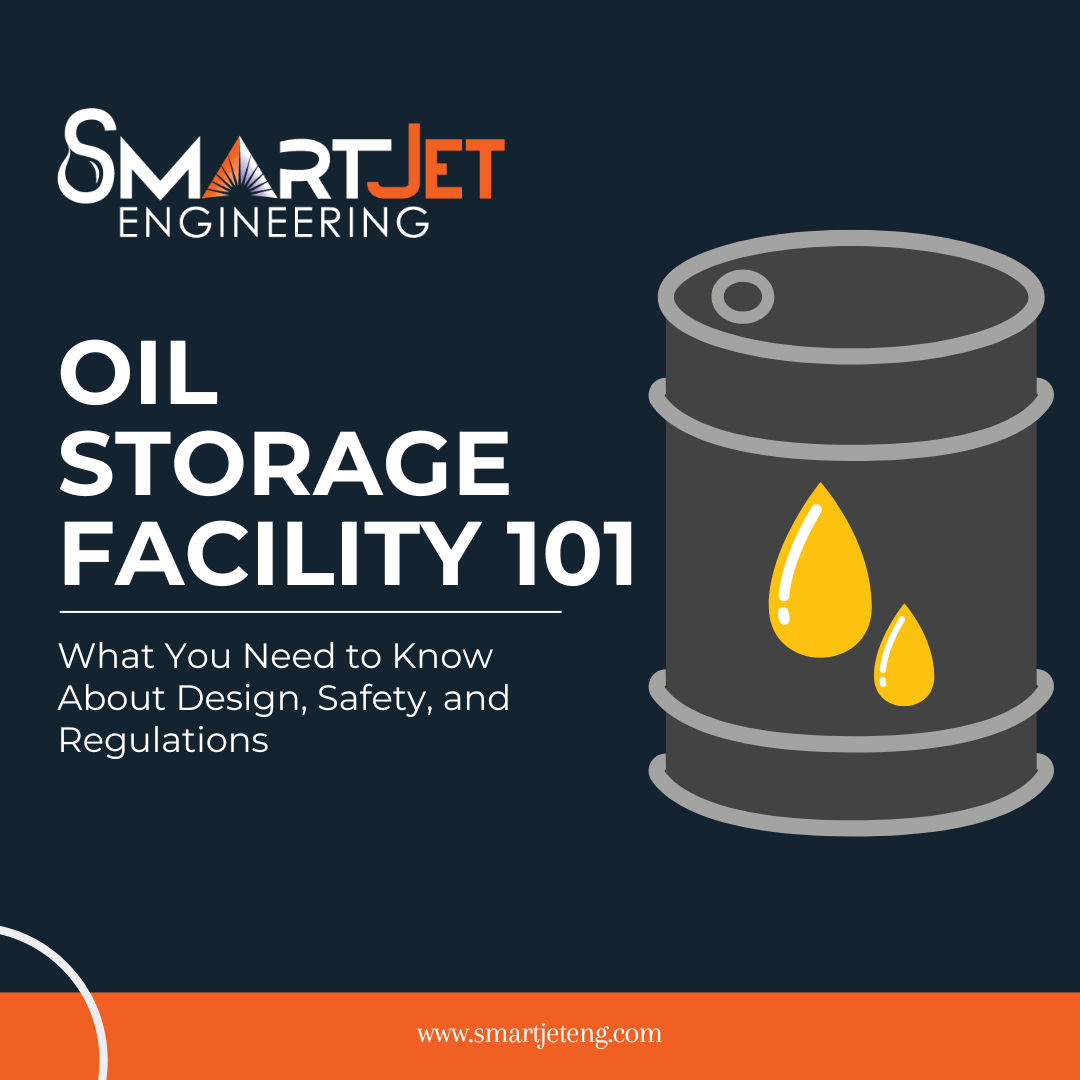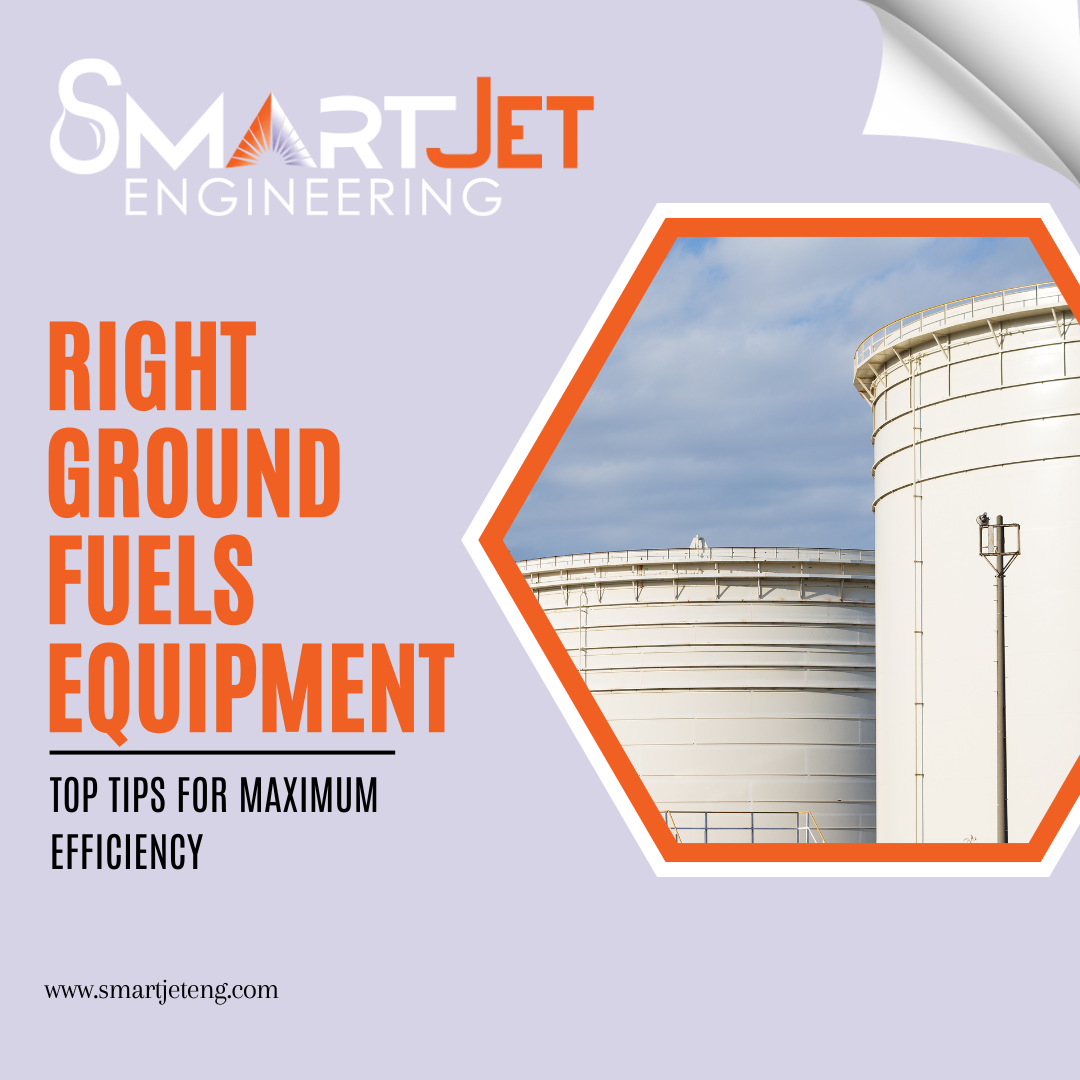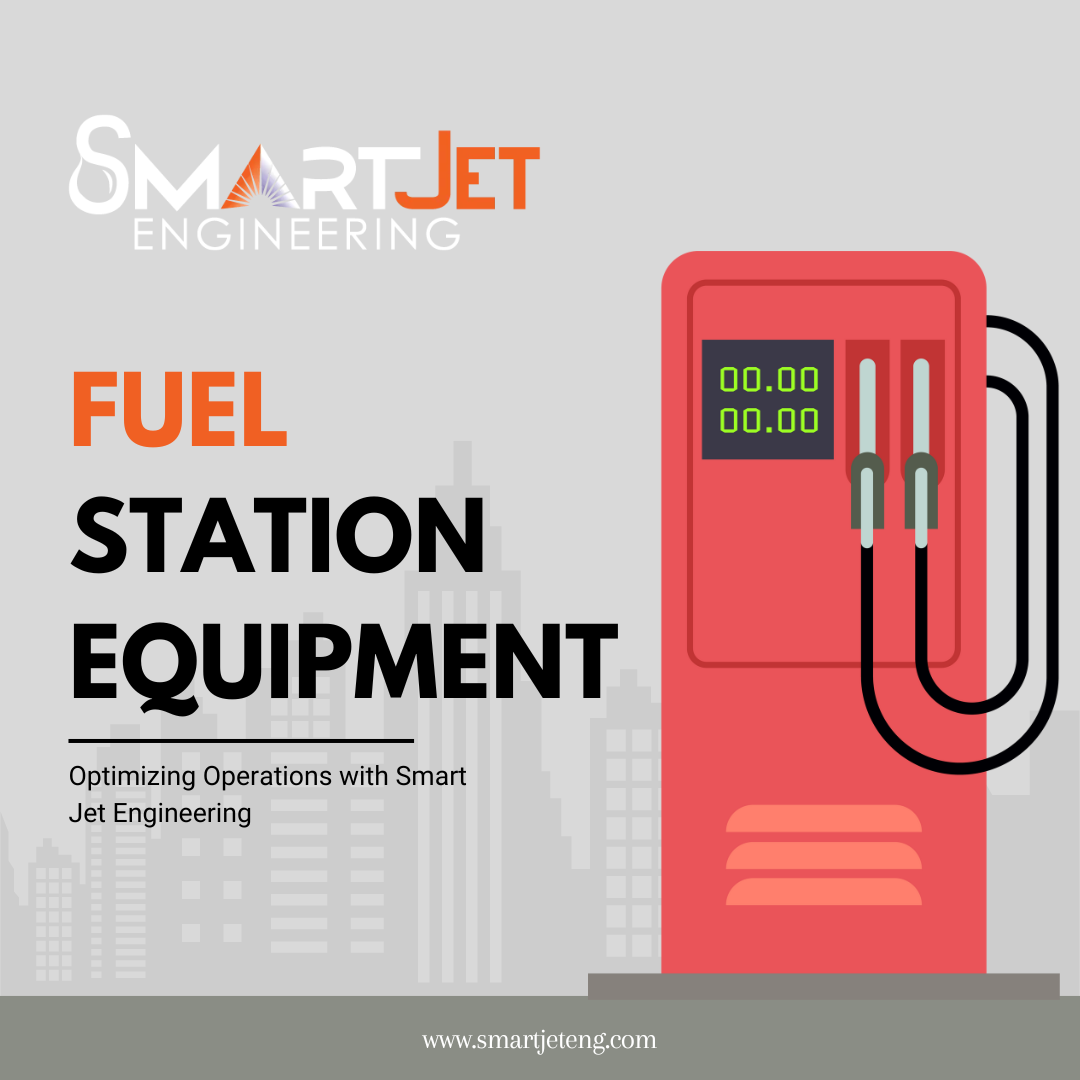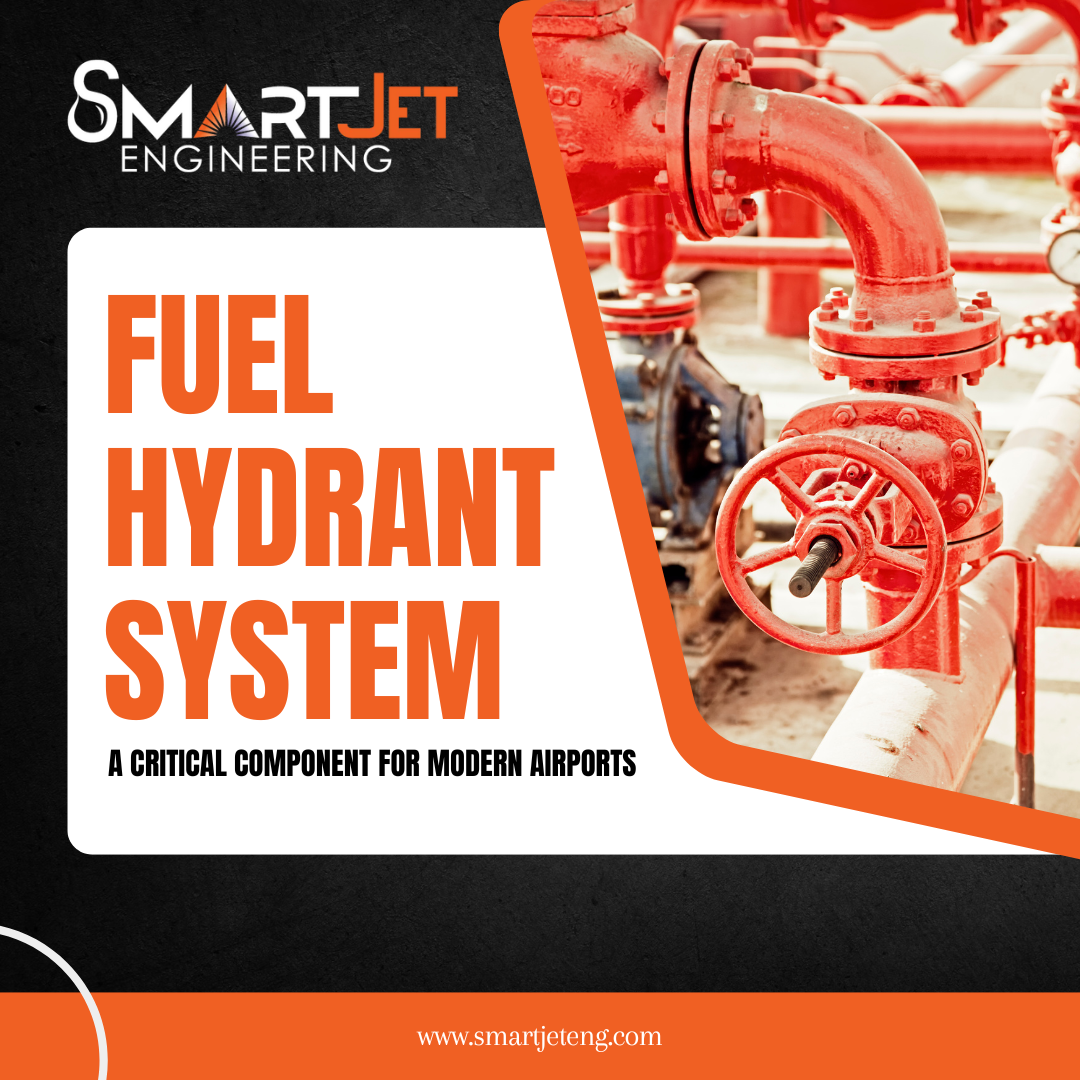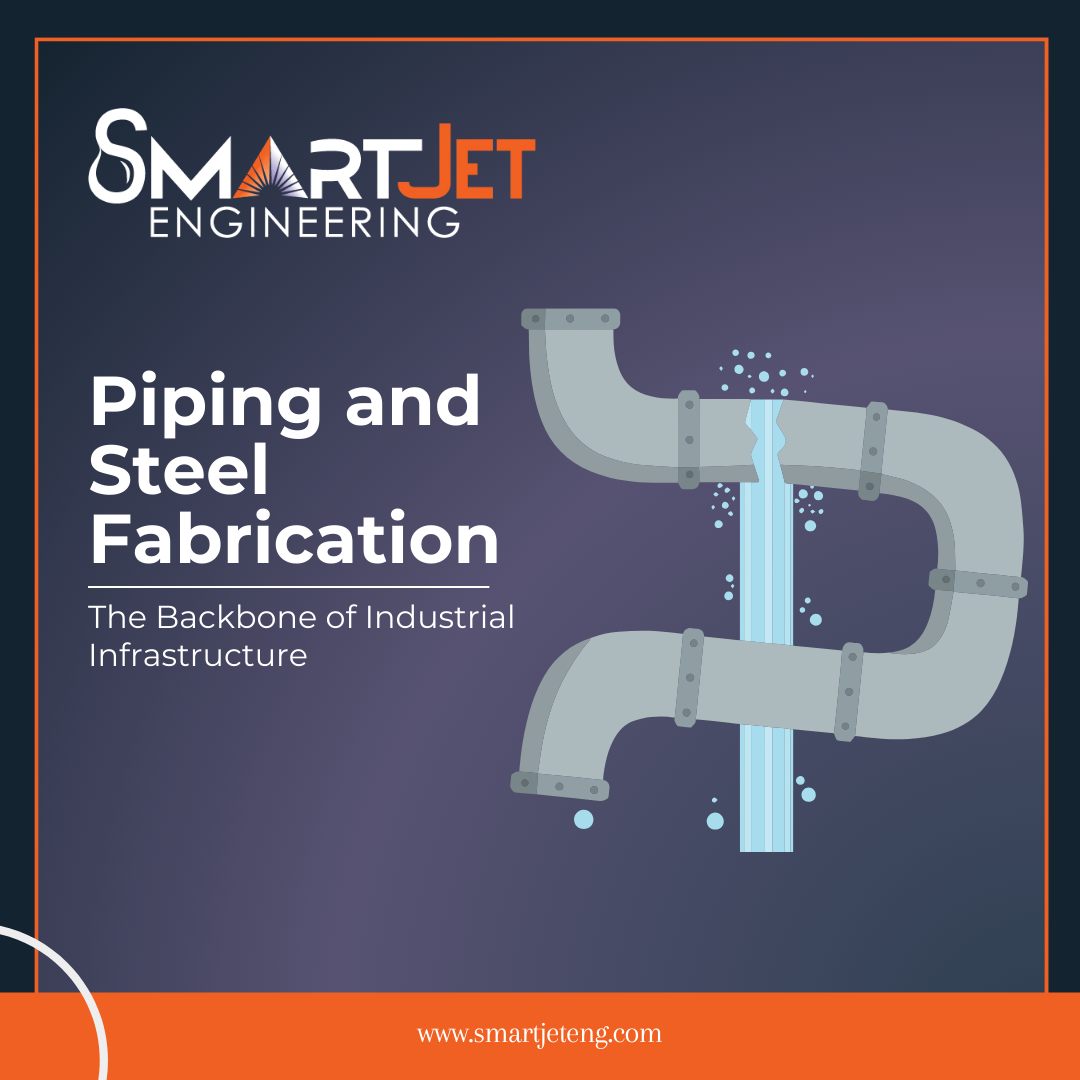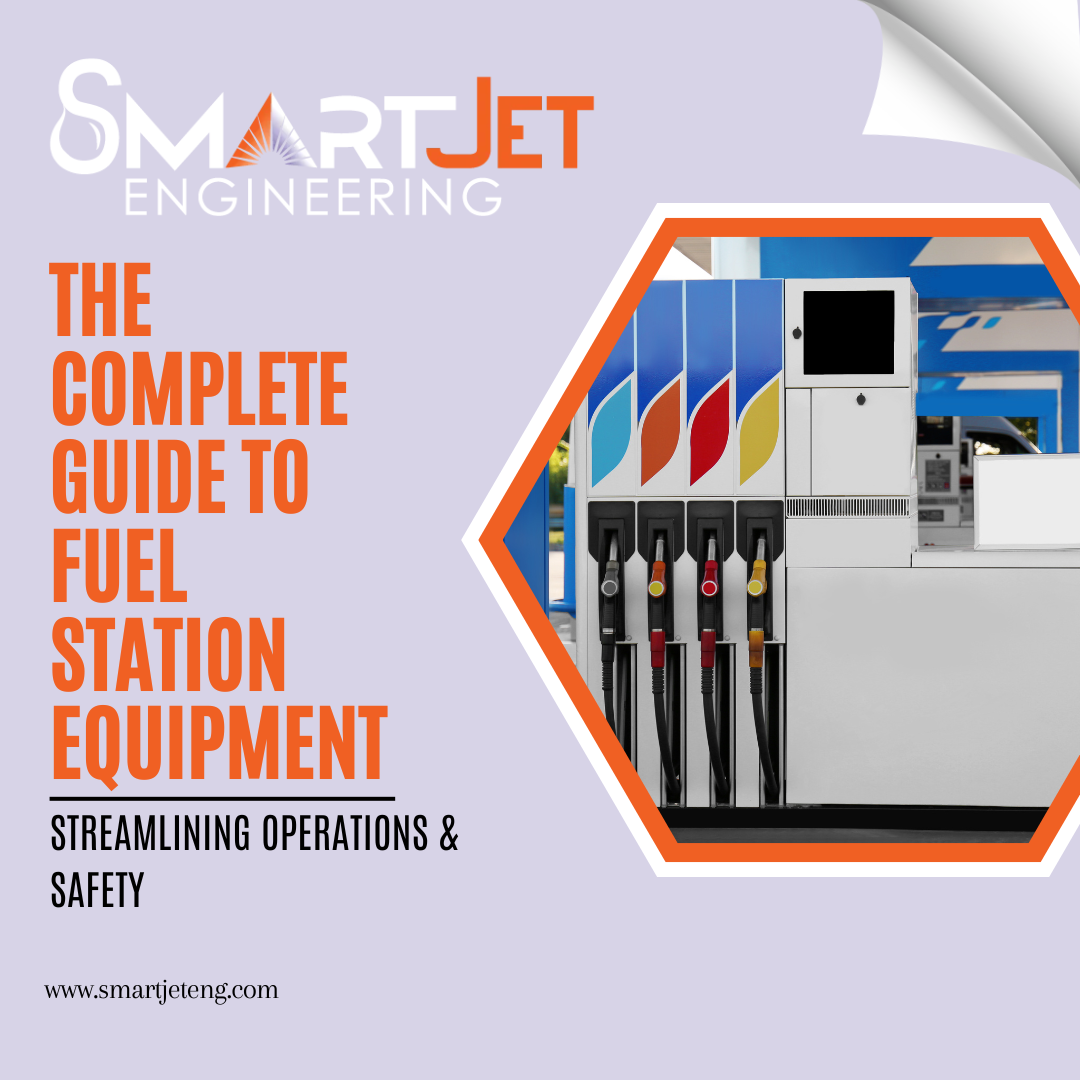Understanding Aviation Fuel Pumps
By - Admin

Understanding Aviation Fuel Pumps: A Comprehensive Guide
Introduction
Welcome to Smart Jet Engineering, your premier source for aviation solutions based in Dubai. In today’s post, we’re focusing on Aviation Fuel Pumps—a crucial component in the aviation industry. These pumps play a vital role in ensuring that aircraft receive the necessary fuel efficiently and safely. Let’s explore what makes aviation fuel pumps so essential, their types, and functionalities, and why maintaining them is critical for operational success.
What Are Aviation Fuel Pumps?
Aviation fuel pumps are specialized devices designed to transfer fuel from storage tanks to aircraft. They are engineered to handle the unique requirements of aviation fuel, ensuring that it reaches the aircraft in the right quantity and under optimal pressure. These pumps are indispensable in maintaining the fuel supply chain’s integrity and efficiency, which is vital for safe and effective aircraft operations.
Types of Aviation Fuel Pumps
There are several types of aviation fuel pumps, each serving different purposes and applications. The main types include:
Centrifugal Pumps
Centrifugal pumps are commonly used in aviation due to their ability to handle large volumes of fuel at relatively low pressures. They operate by using a rotating impeller to move fuel through the pump.
Positive Displacement Pumps
Positive displacement pumps are designed to move fuel at a consistent rate regardless of the pressure. These pumps are ideal for applications requiring precise fuel delivery and are often used in refueling trucks and hydrant systems.
Piston Pumps
Piston pumps utilize a reciprocating piston mechanism to move fuel. They are known for their reliability and are often used in situations where precise control over fuel flow is necessary.
Gear Pumps
Gear pumps use meshing gears to pump fuel. They are durable and efficient, making them suitable for a variety of aviation fuel applications.
How Aviation Fuel Pumps Work
The operation of aviation fuel pumps is based on specific principles depending on their type:
- Centrifugal Pumps: Fuel enters the pump and is accelerated by the rotating impeller, which increases the fuel’s velocity and directs it towards the pump’s discharge outlet.
- Positive Displacement Pumps: These pumps trap a fixed fuel volume and force it through the discharge outlet, maintaining a consistent flow rate regardless of pressure changes.
- Piston Pumps: The reciprocating piston creates suction, drawing fuel into the pump chamber, which is then expelled through the discharge outlet.
- Gear Pumps: Fuel is trapped between the gear teeth and the pump casing, then moved towards the discharge outlet as the gears rotate.
Key Features of Aviation Fuel Pumps
Aviation fuel pumps come with various features to ensure efficient and safe operation:
- Durability: Made from materials that can withstand harsh conditions and prolonged use.
- Precision: Designed to deliver fuel accurately to meet the specific needs of different aircraft.
- Safety Mechanisms: Include features like pressure relief valves and automatic shut-offs to prevent accidents.
- Compatibility: Can handle different types of aviation fuels, including Jet A, Jet A-1, and Avgas.
Importance of Maintaining Aviation Fuel Pumps
Regular maintenance of aviation fuel pumps is crucial for several reasons:
Safety
Proper maintenance ensures that pumps operate safely, reducing the risk of leaks, spills, and other hazards that could compromise aircraft safety.
Efficiency
Well-maintained pumps operate more efficiently, ensuring that fuel delivery is smooth and uninterrupted, which is essential for flight schedules.
Longevity
Regular checks and servicing extend the lifespan of fuel pumps, reducing the need for costly replacements and downtime.
Compliance
Adhering to maintenance schedules ensures compliance with aviation industry regulations and standards, avoiding potential fines and operational disruptions.
Common Maintenance Practices
Maintaining aviation fuel pumps involves several key practices:
- Regular Inspections: Routine checks for wear and tear, leaks, and other potential issues.
- Cleaning: Keeping the pumps clean to prevent blockages and contamination.
- Lubrication: Ensuring that moving parts are properly lubricated to minimize friction and wear.
- Parts Replacement: Timely replacement of worn-out components to maintain pump efficiency.
Challenges in Aviation Fuel Pump Maintenance
Despite the importance of maintenance, there are several challenges that operators might face:
- Environmental Factors: Extreme temperatures and harsh weather conditions can affect pump performance and longevity.
- Wear and Tear: Continuous use can lead to mechanical wear, necessitating regular maintenance.
- Technological Complexity: Advanced pump systems require specialized knowledge and tools for maintenance and repair.
Innovations in Aviation Fuel Pump Technology
Technological advancements are continuously improving the design and functionality of aviation fuel pumps:
- Smart Monitoring Systems: These systems provide real-time data on pump performance, allowing for proactive maintenance and quicker response to issues.
- Enhanced Materials: New materials are being developed to increase pump durability and efficiency.
- Automation: Automated systems are improving fuel management, reducing the risk of human error and increasing operational efficiency.
Case Study: Aviation Fuel Pumps in Dubai
Dubai’s aviation sector is known for its high standards and advanced infrastructure. Here’s a brief look at how aviation fuel pumps are managed in this region:
- Advanced Infrastructure: Dubai International Airport employs state-of-the-art fuel pump systems to ensure efficient fuel management.
- Stringent Standards: The region adheres to strict regulatory standards to ensure safety and efficiency.
- Innovative Practices: Continuous investment in new technologies and practices keeps Dubai at the forefront of aviation fuel management.
Future of Aviation Fuel Pumps
The future of aviation fuel pumps looks promising with ongoing advancements:
- Green Technologies: Development of more environmentally friendly pump systems.
- Increased Automation: Greater use of AI and machine learning to optimize pump performance.
- Enhanced Safety Features: Continued improvements in safety mechanisms to ensure maximum protection.
Conclusion
Aviation fuel pumps are a critical component of the aviation industry, ensuring that aircraft receive the fuel they need safely and efficiently. At Smart Jet Engineering, we understand the importance of these systems and are committed to providing top-notch solutions that meet the highest standards of safety and performance. By staying at the forefront of technological advancements and maintaining rigorous maintenance practices, we ensure that our clients can rely on their aviation fuel pumps for optimal operation.
FAQs
Q.1 What types of aviation fuel pumps are commonly used?
Common types include centrifugal pumps, positive displacement pumps, piston pumps, and gear pumps, each serving different applications and needs.
Q.2 How often should aviation fuel pumps be inspected?
Aviation fuel pumps should be inspected regularly, typically as part of routine maintenance schedules. The frequency depends on usage and manufacturer recommendations.
Q.3 What are the main safety features of aviation fuel pumps?
Key safety features include pressure relief valves, automatic shut-offs, and durable construction materials designed to withstand harsh conditions.
Q.4 Why is regular maintenance of aviation fuel pumps important?
Regular maintenance ensures safety, efficiency, longevity, and compliance with industry regulations, preventing potential issues and costly downtime.
Q.5 How does Smart Jet Engineering stay ahead in aviation fuel pump technology?
We invest in the latest technologies, adhere to stringent standards, and continuously improve our practices to provide reliable and advanced fuel pump solutions.
Search
Popular Posts

Fuel Management Systems: Smarter Control for Modern Fuel Operations
December 10, 2025

Pipe Support Engineering: Ensuring Strength, Stability, and Long-Term Reliability
December 10, 2025

Mobile Fuel Equipment: The Future of Safe and Efficient On-Site Refueling
December 10, 2025

Fuel Dispensing Systems: Reliable Solutions for Safe and Efficient Fuel Delivery
December 10, 2025

Tanker Refurbishment and Modification Services in UAE | Smart Jet Engineering
November 29, 2025



